Climate smart agricultural vocational training
Responding to the need for environmentally friendly and climate-smart solutions to mitigate and adapt to climate change in Namibia, the project aimed to improve the quality and access to climate-smart agricultural vocational education for 60 disadvantaged youths. All the 60 students successfully followed a program in Horticulture and Crop Husbandry at the DAPP Vocational Training School (DAPP VTS) in Onambelela, Omusati Region. All students received a well-deserved and officially recognized Certificate in Horticulture and Crop Husbandry from the Namibia Training Authority. The students have been able to get jobs or to start their own gardening projects to earn living. One student returned to the DAPP Vocational Training School as an Instructor. An additional success of the project was the Namibia Training Authority inviting instructors from other vocational Training Schools to a workshop at the DAPP Vocational Training to learn more about Conservation Agricultural Methods and best practices. This project has had a significant impact on influencing a better-quality training in agriculture at the vocational school level in Namibia.
DAPP Namibia, is a locally registered NGO, founded in 1990 in Namibia. It aims to empower communities to drive self-sustaining changes, addressing the root causes of poverty, discrimination and vulnerability.
News
Testimonials
Type
Education / EnvironmentDuration
February 2019 - December 2022Location
Omusati region / NamibiaWith whom
DAPP Namibia
Website
www.dapp-namibia-org
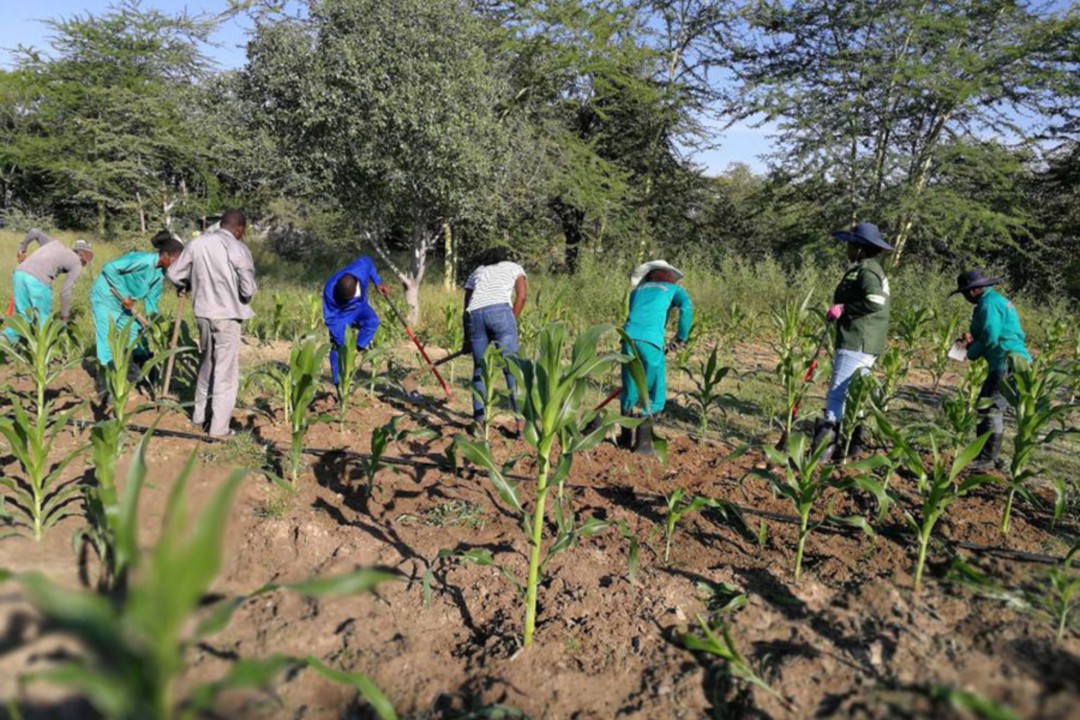
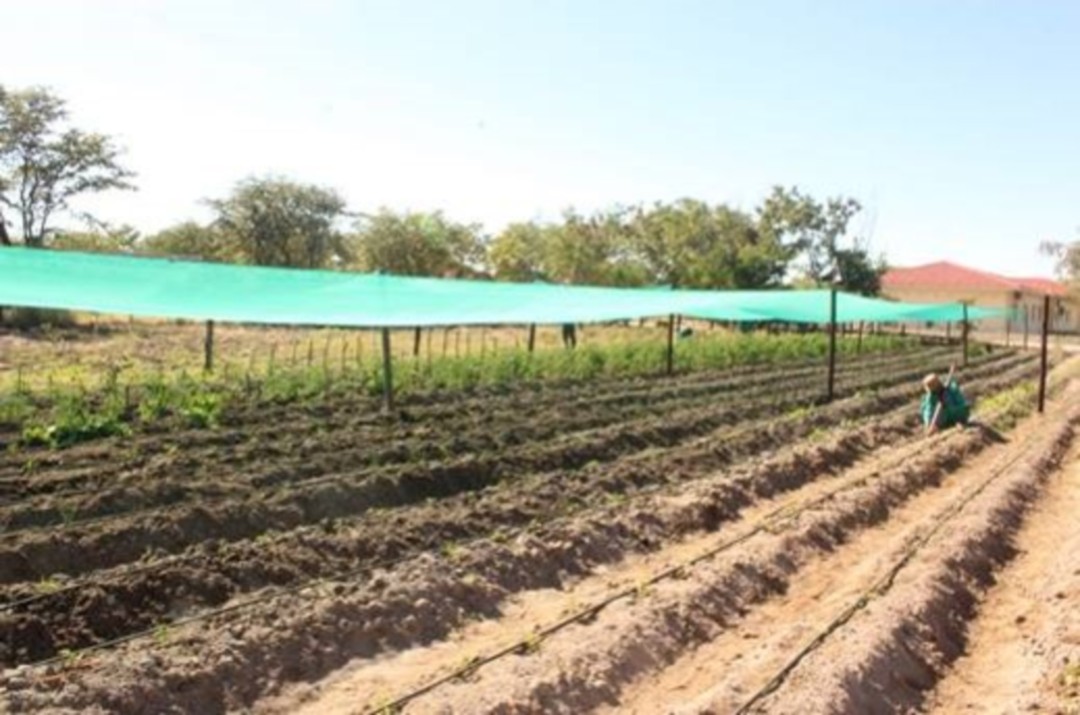
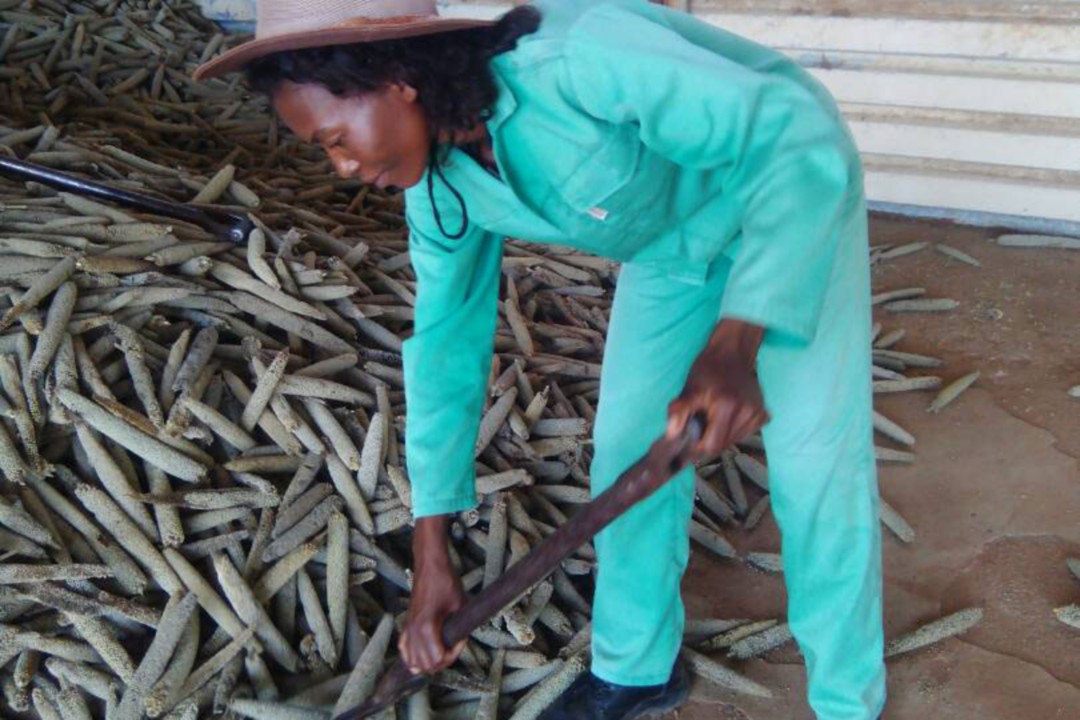
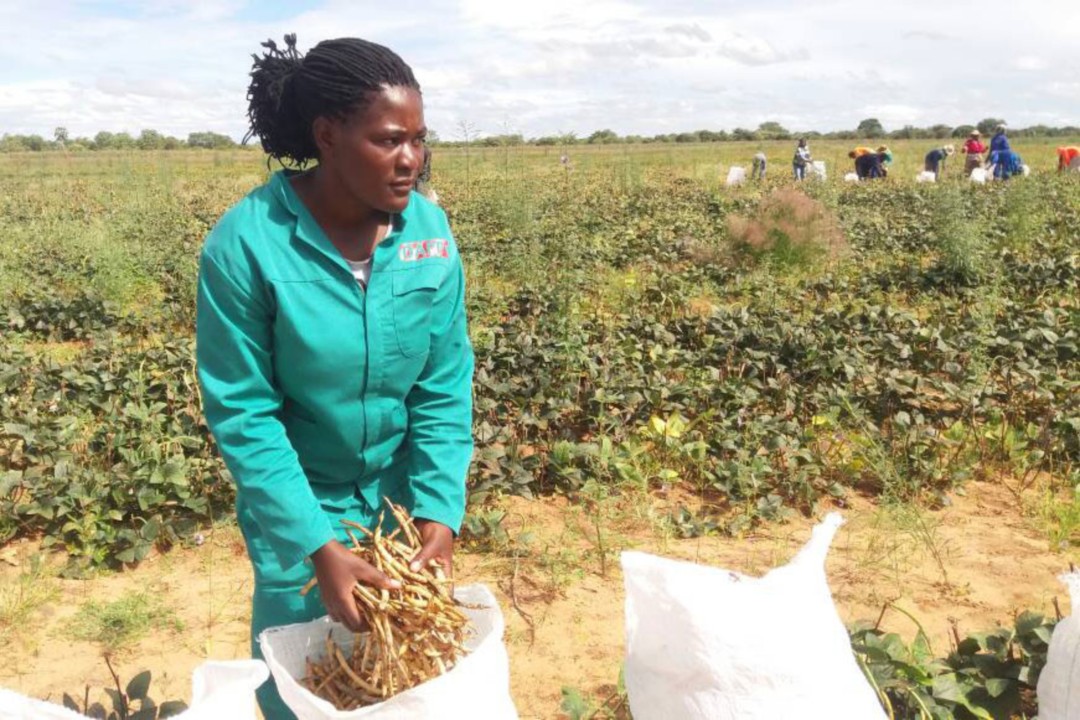
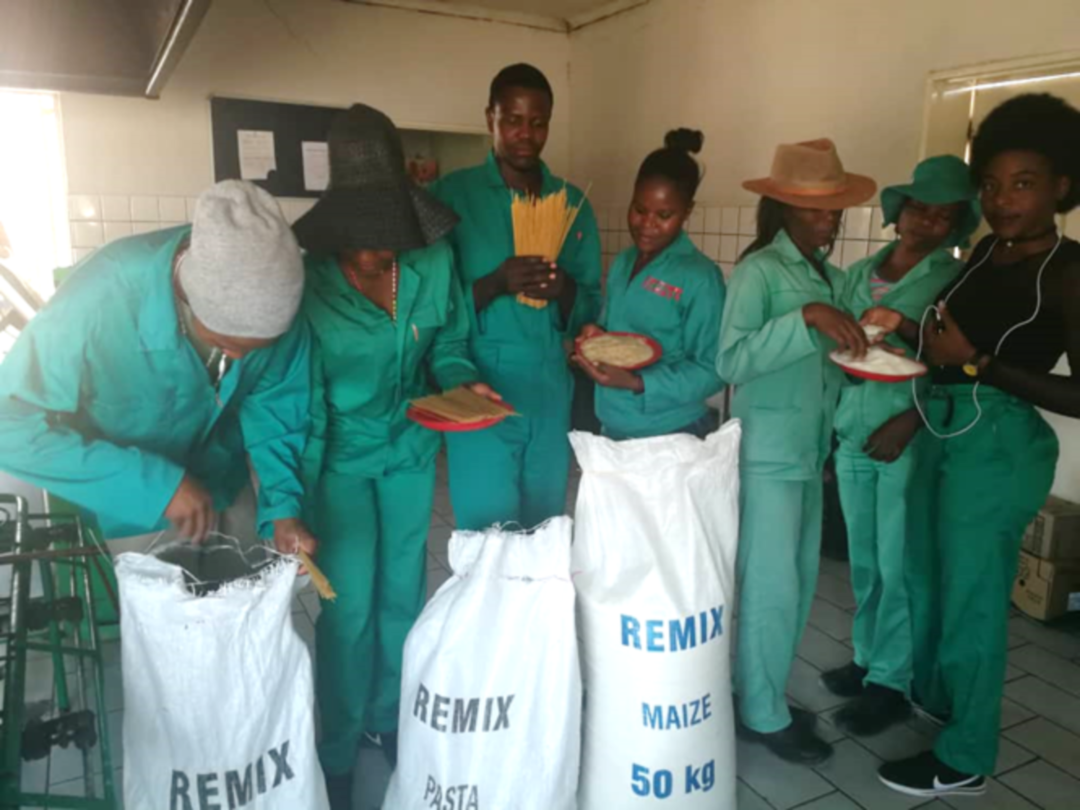
Namibia
Population
2.5 million (2017)
Per Capita Income
USD 4,750/year (2017)
Poverty rate *
17% (2014)
Literacy rate
88% (2016)
Human Development Index
129th out of 189 countries (2018)
Since its independence in 1990, political stability and sound economic management enabled a notable progress in reducing poverty. The proportion of Namibians living under the national poverty line has dropped from 70% in1994 to 17% in 2016. However, the corresponding international poverty rate was at 32% in 2018. Typically, female headed households, children and labourers in subsistence farming are particularly vulnerable. Namibia remains one of the most unequal countries in the world. Despite steady economic growth unemployment remains extremely high, 38% among women and 43% among youths. With the bulk of Namibia’s employment being in the informal sector, primarily subsistence agriculture, the country has begun to adopt climate change strategies reducing vulnerability and improving adaptive capacity.
Sources: World Food Program, UNICEF, World Bank, 2016 Human Development Report, Human Development Indices and Indicators (2018 Statistical Update)
*The percentage of the population living below the national poverty line.